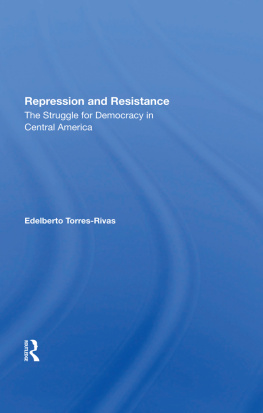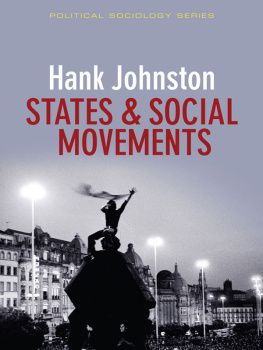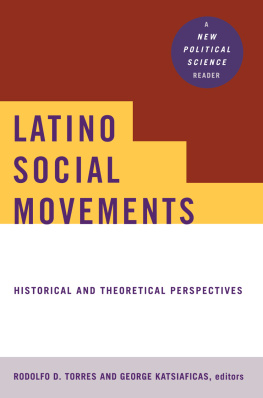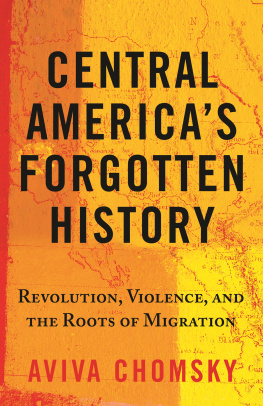The origins and evolution of the Central American crisis have in recent years demanded our attention more powerfully than ever, as much for that crisiss originality as for the vitality of the forces actively involved. Analyses produced to date have displayed both quantitative abundance and a wide variety of approaches. What has been created, then, is something unknown before the contemporary period: a body of literature about the crisis.
The magnitude of the political turmoilespecially since the Sandinista rupture of July 1979has imbued the analysis with an exceptionally urgent quality. And that urgency to understand the entire course of events has created an almost irresistible tension, leading to the production of textos de circunstancias , or instant books, as they have been called in English. Those books, in tum, have been destined for a reading public whose interest is directly proportional to its lack of knowledge. The risk in responding to that urgency is that the authors ideological separation from the present may be poorly achieved, that the separation from immediate surroundings required by all knowledgein order to filter out the secondary, the circumstantial, and the emotionalmay not be established.
Throughout the five essays brought together in this book I was aware of those risks. Thus I attempted to trace contemporary developments to their deepest historical roots while interpreting the behavior of the actors for what it was rather than what some might have wished it to be. Social forces were at times embodied by a political movement, confronted by social conflict, or otherwise brought together in order to pursue alternative programs. Sometimes these forces were involved in each of those forms of organization at the same time, and other times they even went beyond them.
Another difficulty exists. The diversity of situations in the five nations produced over a long period of time but reinforced by the effects of the crisis makes it increasingly difficult to consider Central America as a regional unity. That is, establishing a general analytic hypothesis, compatible with the heterogeneity of nationally specific situations, would hardly be an easy task. To speak of a regional crisis can lead to abuses of excess in some cases, and of insufficiency in others.
If we consider the nature of the economic crisis, for example, we find that it is international, impacting on all of the countries in the region. Nevertheless, due to specific circumstances of the political crisis, the effects have been more negative in Nicaragua and El Salvador than in Guatemala or Costa Rica.
Similarly, from a political-military viewpoint, the presence in El Salvador and Nicaragua of armed opposition forceswhich have been difficult to defeat in both countries, though for opposite reasonsconfers on those societies dimensions approaching economic chaos and social dissolution. In contrast, Honduras and Costa Rica have not experiencedin terms of either duration or depththe kind of political violence and civil war that has affected the other three countries of the region.
But what Central American countries probably do have in common is a history as underdeveloped societies within a particular geographic region of the U.S. sphere of influence. And that is exactly what constitutes the explanatory axis of any responsible analysis of a Central American crisis that has affected the regions political, social, and ideological structure. As we will see, it was the persistence of oligarchic components within that structure that gave rise to the crisis of the contemporary period.
Latin American literature has frequently dealt with the crisis of oligarchic domination. That phrase has been used, from multiple perspectives, to refer to the phenomena that had gradually been altering the monopolistic control of power enjoyed for decades by commercial-agricultural groups.
Originally, the state, the economy, and the society itself were placed at the service of local interests, which established links with the global capitalist market through the export of primary products. However, the dynamic axis gradually began to change, strengthening itself more and more within the domestic market. In South America that process generally took place in the 1930s, though with slight variations from country to country.
But in Central America, that process did not begin until the post-World War II period. For good or ill, it soon became evident that the oligarchic, authoritarian, and exclusivist style of domination had begun to fall apart. Changes were most obvious among the sponsors of social integration, among the various kinds of political movements that had begun to appear, and with the unprecedented nature of internal conflictsthe latter phenomena expressing an increasing differentiation within those dominant groups generically referred to as the oligarchy.








